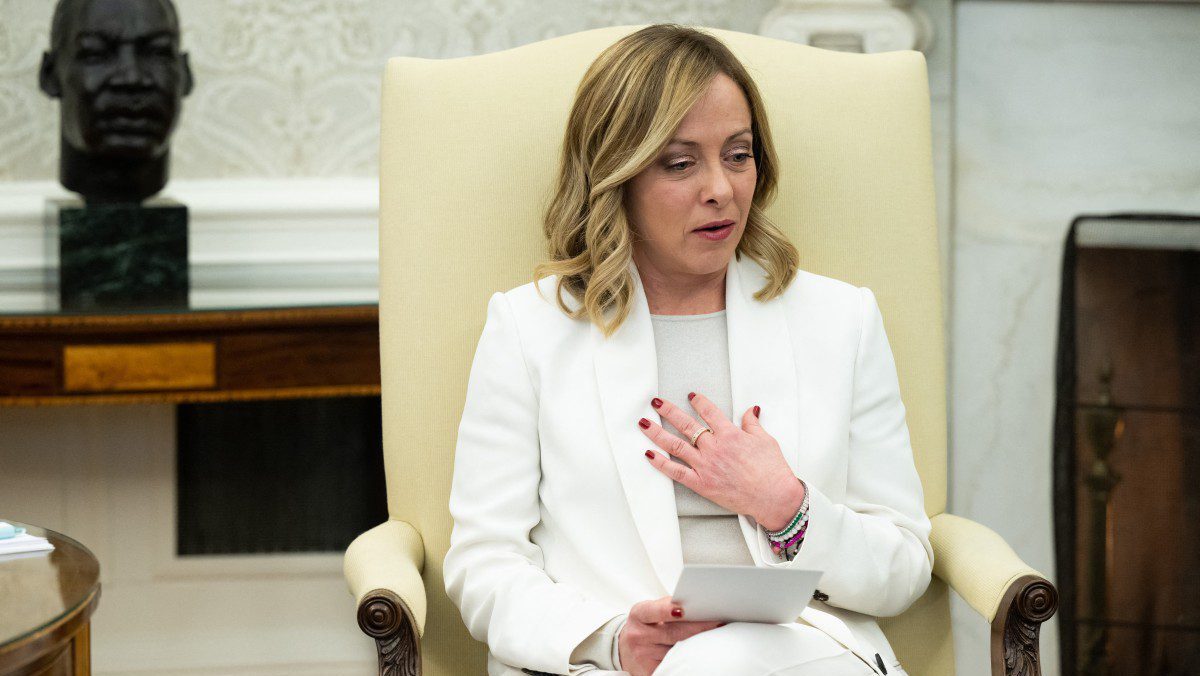The regional elections held in Italy over the last few weeks provide an interesting snapshot of the changing state of opinion in Italy some eighteen months after the centre-right coalition led by Giorgia Meloni came to power. After a setback in Sardinia, the government majority managed to retain the Abruzzo region at the cost of intense mobilisation. The coalition is being weakened by numerous internal tensions.
On Sunday, February 25th, the united forces of the Left succeeded, by just a few thousand votes, in surpassing the right-wing government coalition and taking the region of Sardinia from it. This is the first major electoral setback for Giorgia Meloni at the local level since it is the first time since 2015 that the Left has managed to take a region from the Right already in power, and the first time since 2020 that the Right has been defeated at the regional level.
Regional elections in Italy are usually closely watched by the ruling camp. With a federal constitution, the Italian regions have considerable delegated powers and facilitate the formation of local fiefdoms that can destabilise the central government in Rome when the time comes.
The Sardinian signal has been taken very seriously by Giorgia Meloni’s government. The head of the Italian government is facing an increasingly open rebellion from her own camp, which believes that, since she came to power in September 2022, results have fallen far short of expectations.
In Sardinia, the Prime Minister paid the price for an unfortunate personal choice: she insisted on imposing her own candidate, Paolo Truzzu, mayor of Cagliari and a member of her own Fratelli d’Italia party, rather than reappointing the outgoing regional president, Christian Solinas, a member of Matteo Salvini’s Lega. There was nothing obvious about this choice: Paolo Truzzu, who was narrowly elected mayor of Sardinia’s regional capital in 2019, is locally very unpopular because of the muddled management he has imposed on the city since his election. Opposing him, Alessandra Todde, a member of the 5 Stelle (5-Star) Movement supported by the Democratic Party, was finally elected by a narrow margin of 1600 votes. Her victory was a personal slap in the face for Giorgia Meloni, who had appeared alongside Paolo Truzzu on all his campaign posters.
Two weeks after the failure in Sardinia, the government majority threw all its weight behind retaining the Abruzzo region, which was also renewing its local government. The members of the government were on hand to support their champion and promise a host of investments for the region.
This time, the candidate of the right-wing coalition, incumbent president Marco Marsilio, won 54.7% of the vote against 45.7% for his opponent Luciano D’Amico, supported by an alliance of left-wing parties. Elected in 2019 on the Fratelli d’Italia ticket, he became the first regional president in Italy to win an election for Giorgia Meloni’s party. The election on March 10th enabled him to retain his post and ease some of the tension that had built up on Giorgia Meloni’s shoulders in recent weeks.
Marco Marsilio è il primo Presidente nella storia dell'Abruzzo ad essere riconfermato dagli elettori per un secondo mandato. Ed è per noi motivo di grande orgoglio che i cittadini abruzzesi abbiano voluto continuare a dargli fiducia, e con lui a dare fiducia al Centrodestra, che… pic.twitter.com/KpCHKfgGCv
— Giorgia Meloni (@GiorgiaMeloni) March 11, 2024
The next challenge facing the government is scheduled for 21 and 22 April, with the regional elections in Basilicata in the south. For the moment, Meloni’s opposition has not yet managed to agree on a single candidate.






